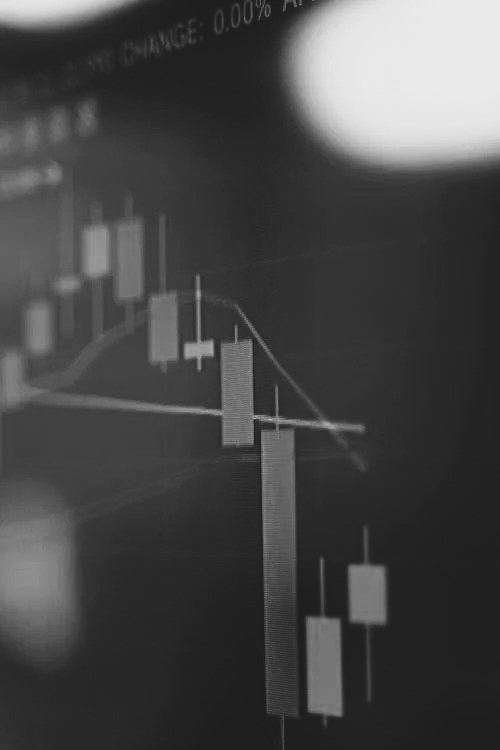We specialize in identifying and investing in diverse assets that deliver stable returns through strategic asset management and risk hedging.
Empowering investors with timely Market Insights and Expert Analysis.



News & Insights
- All
- Financial news
- Insights
- Market Update
Spotify, the Swedish music streaming giant, achieved a remarkable financial milestone by reporting profitability for the entire year of 2024. This milestone was unveiled during the presentation of its latest quarterly figures, which showcased significant growth in both subscriber numbers and sales amidst a competitive market landscape. By the end of 2024, Spotify had amassed 263 million premium subscribers, representing an impressive 11% increase compared to the final…
The global smartphone market experienced a remarkable rebound in 2024, surging by 7% after two consecutive years of decline, according to market research firm Canalys. In 2024, over 1.2 billion smartphones were shipped, indicating a substantial recovery in consumer demand following the COVID-19 pandemic. Canalys analyst Runar Bjørhovde highlighted 2024 as a pivotal recovery year for the smartphone industry. The growth was primarily driven by consumers replacing devices…
In recent days, Bitcoin’s value has experienced a significant decline, dropping by approximately 10%. Other cryptocurrencies have faced even steeper losses. Most analysts attribute this downturn to new import tariffs introduced by U.S. President Donald Trump. As of noon on Monday, investors were paying around $95,300 (93,000 euros) per Bitcoin, a decrease of about 10% from Friday. Earlier in the day, the price dipped below $92,000. According to…
Volkswagen, the renowned German auto manufacturer, is embroiled in a legal battle with Indian authorities over a colossal tax assessment amounting to $1.4 billion (1.35 billion euros). This tax levy is noted as the largest import duty ever imposed by India and has sparked significant controversy. The crux of the dispute lies in Volkswagen’s import strategy. The company reportedly brought in various models of its VW, Skoda, and…
The German industrial giant Bosch witnessed a significant decline in profits last year, with earnings dropping by nearly a third. This downturn is attributed to lackluster sales of electric vehicles across Europe and a broader global economic uncertainty. As a key supplier to the automotive industry, Bosch has been affected by the industry’s broader struggles with diminishing sales and profits, which inevitably impact associated suppliers. In addition to…
Subscribe to our free newsletter!
Stay informed about the economy and financial markets. Reading financial insights and market news can help individuals make more informed investment decisions. It can also provide information on economic trends and events that may affect the performance of different investments. Additionally, it can help individuals stay up-to-date on changes in government policies and regulations that could impact the financial markets. Overall, staying informed about financial and market news can help individuals make more informed decisions about their investments and manage their financial portfolios more effectively.
